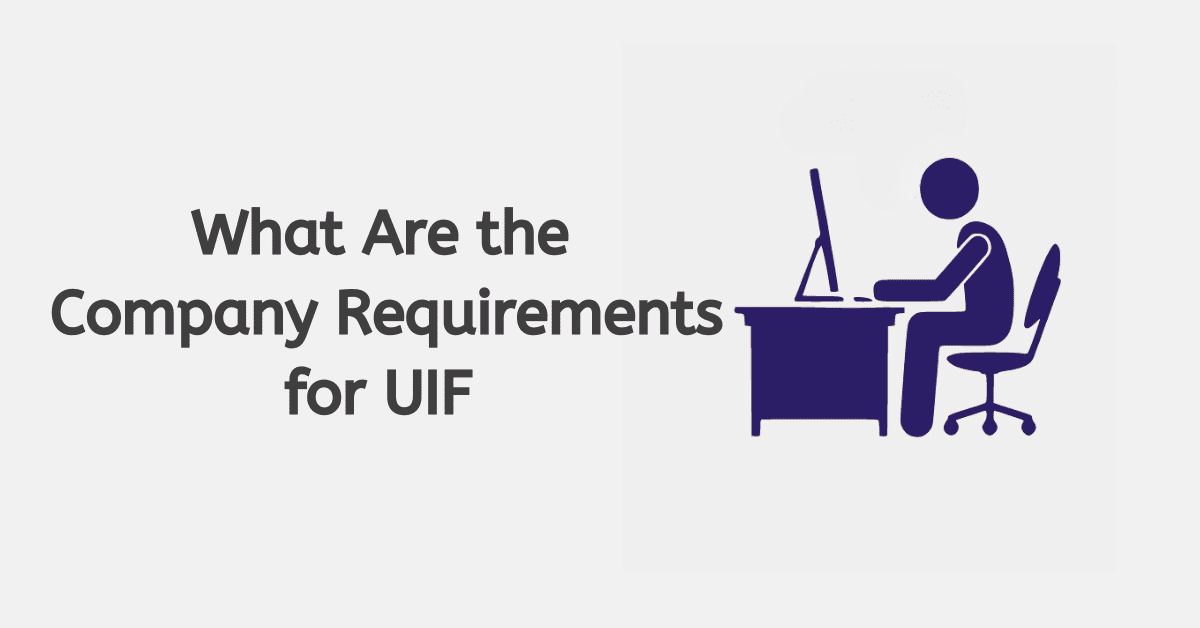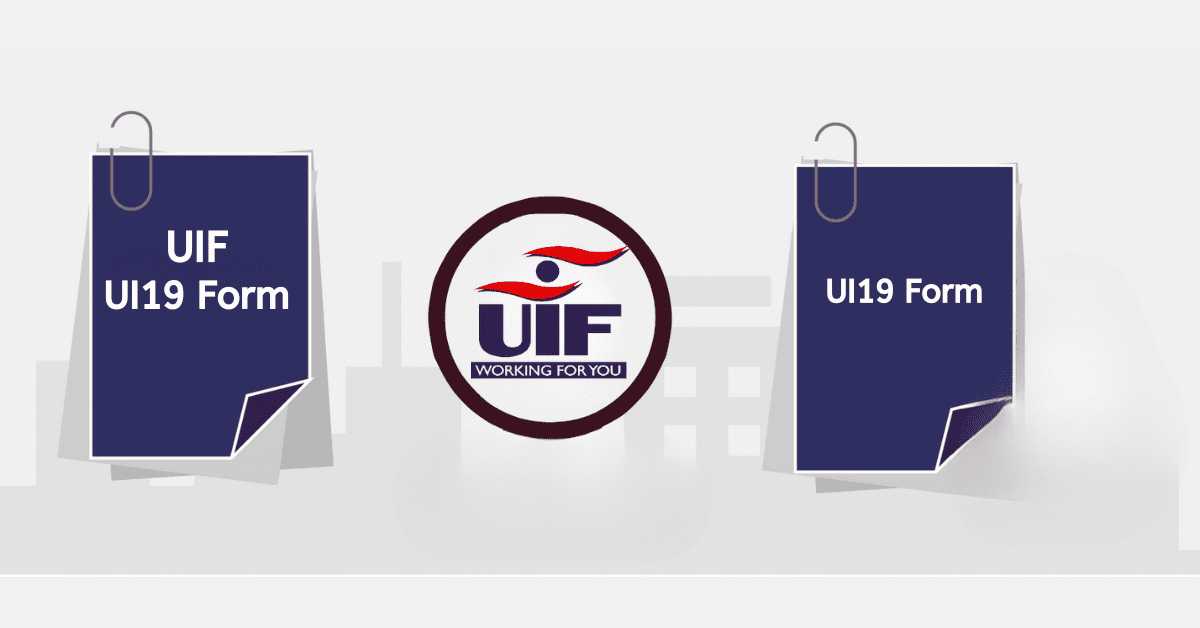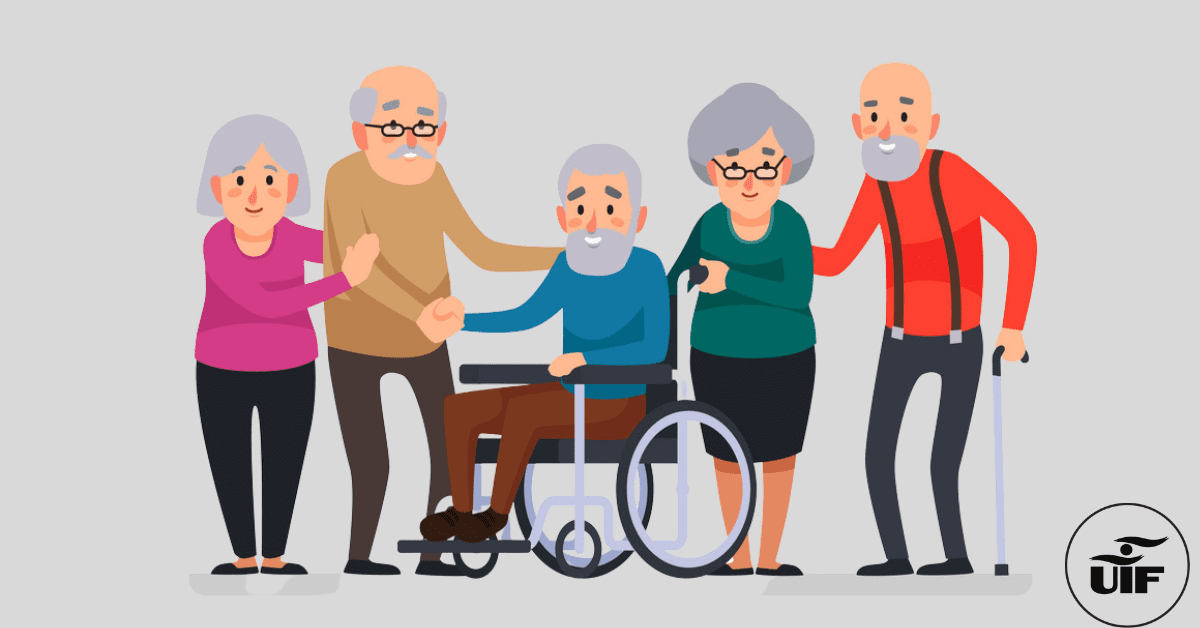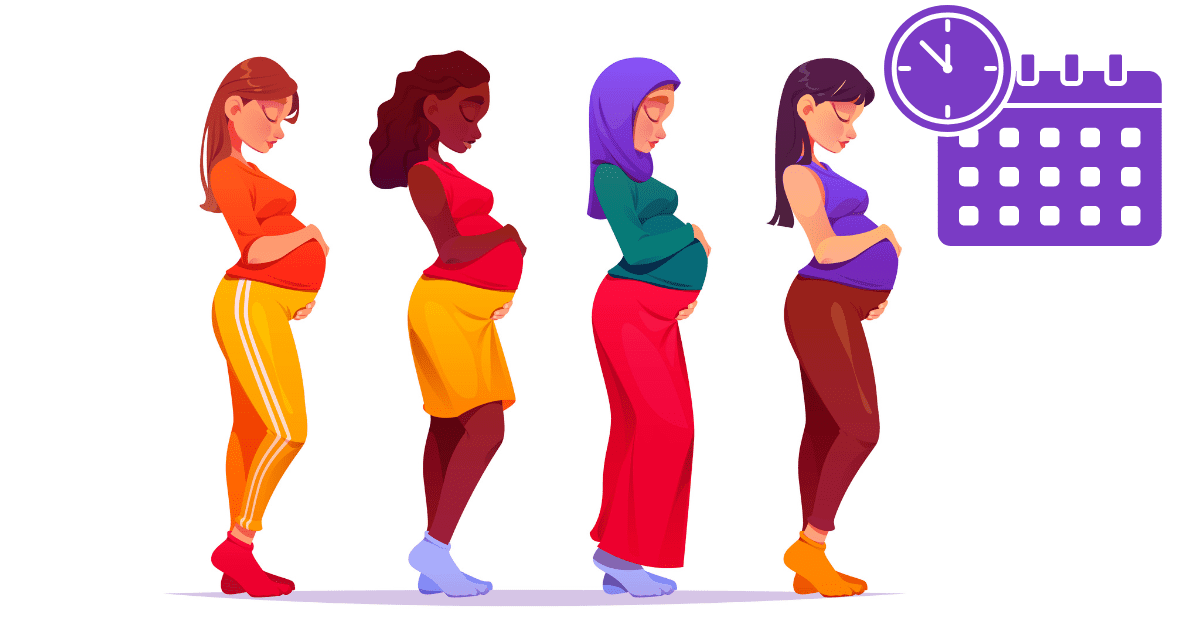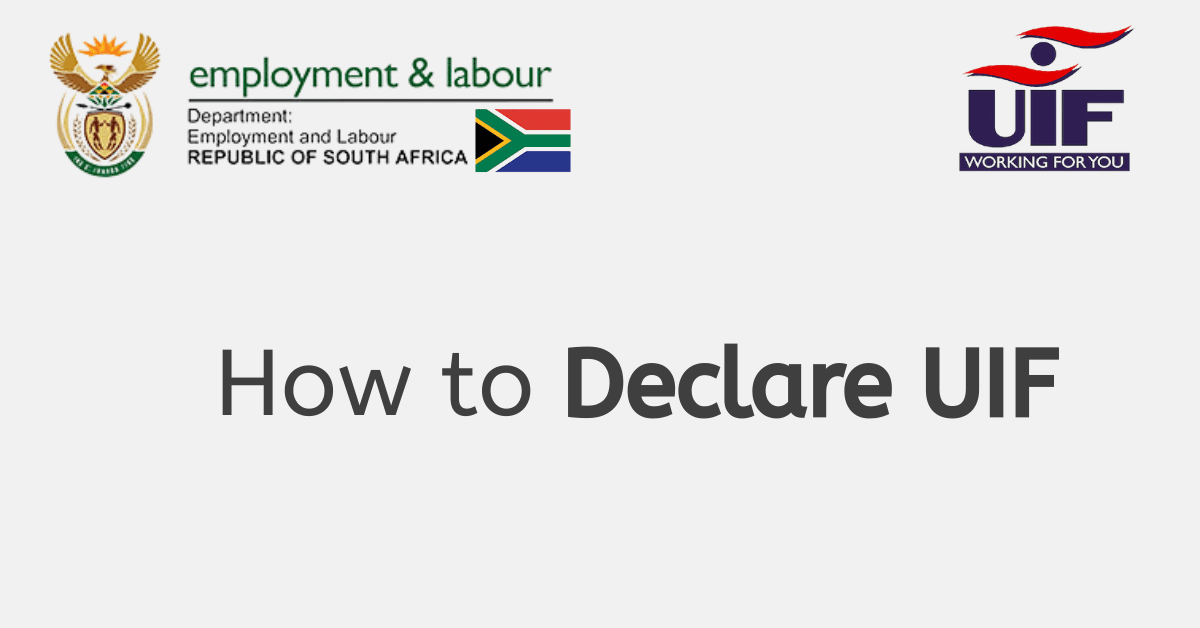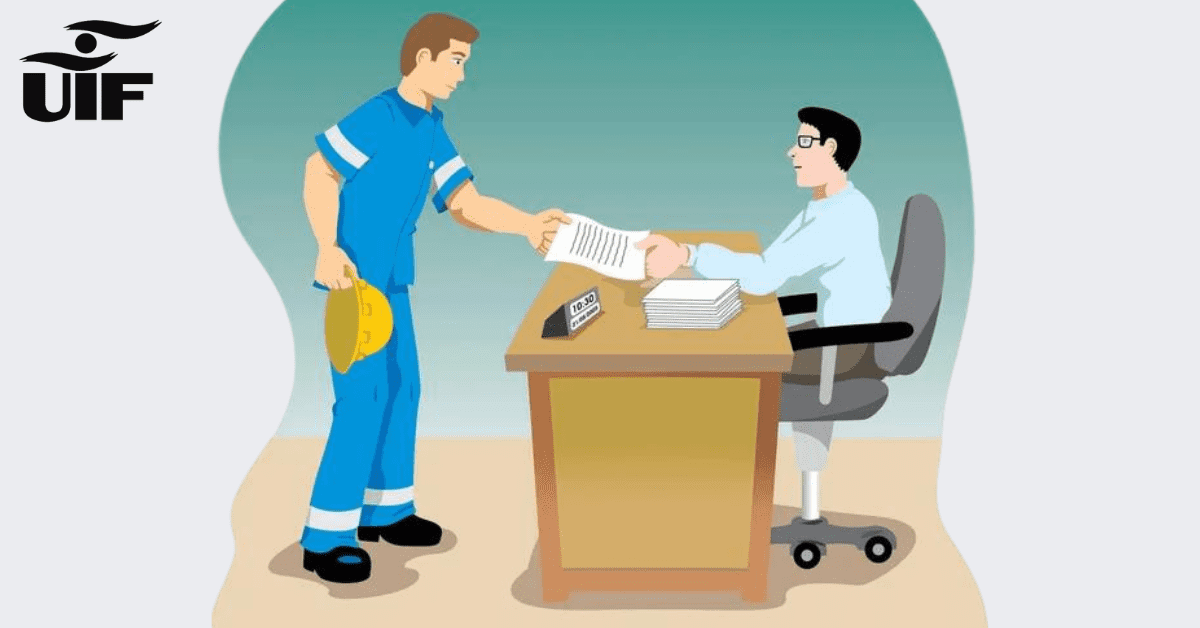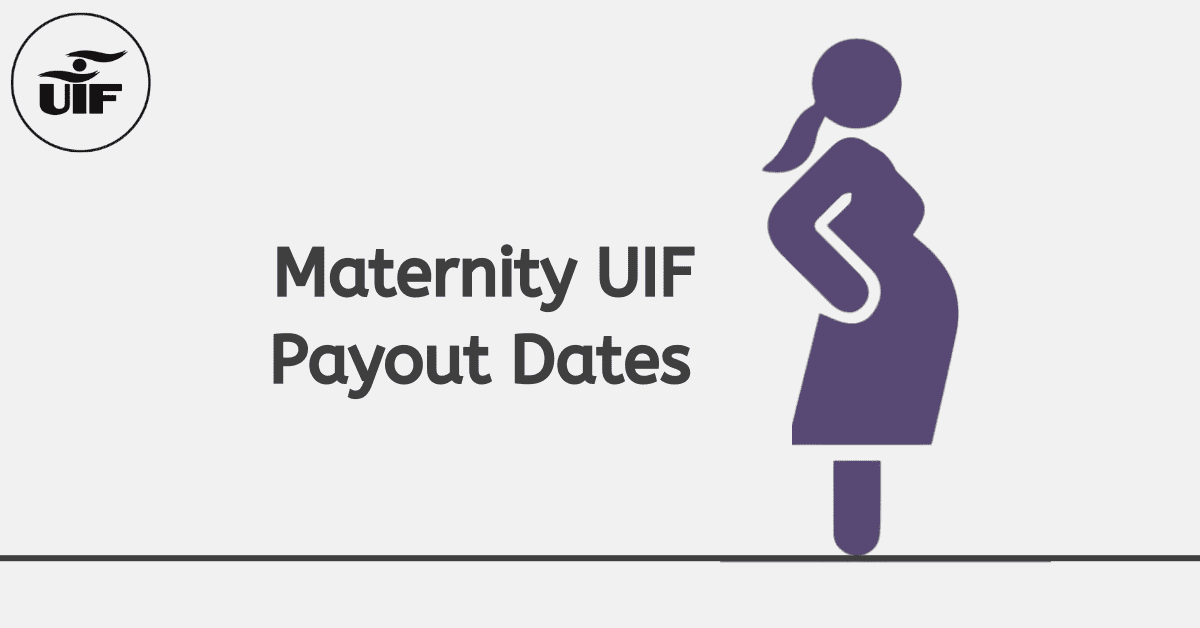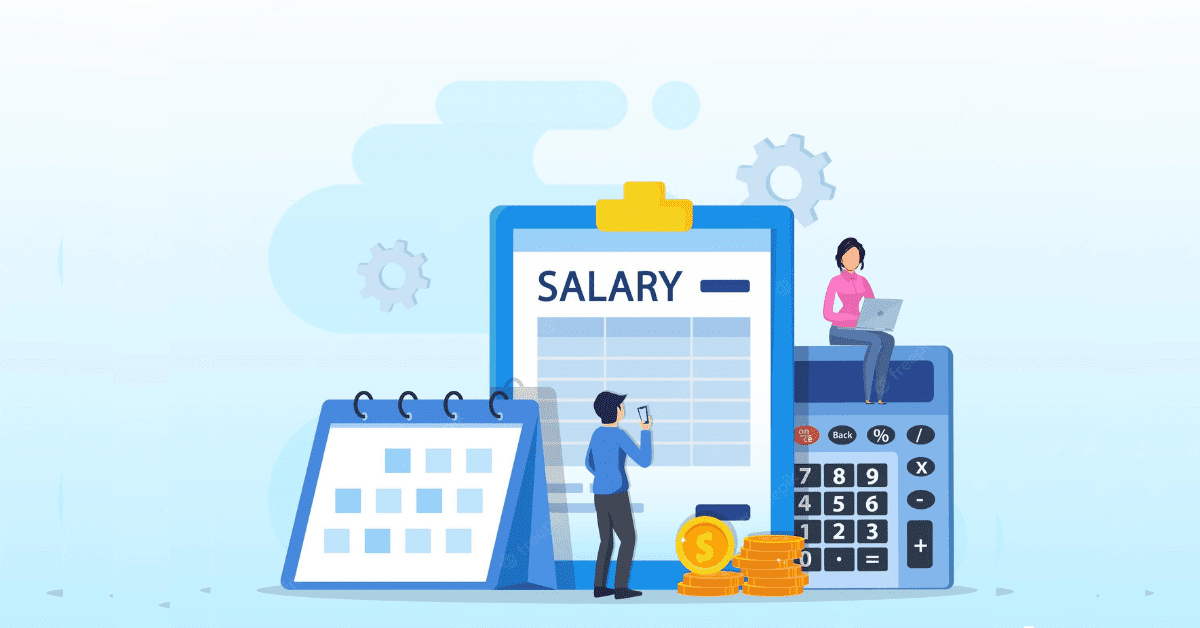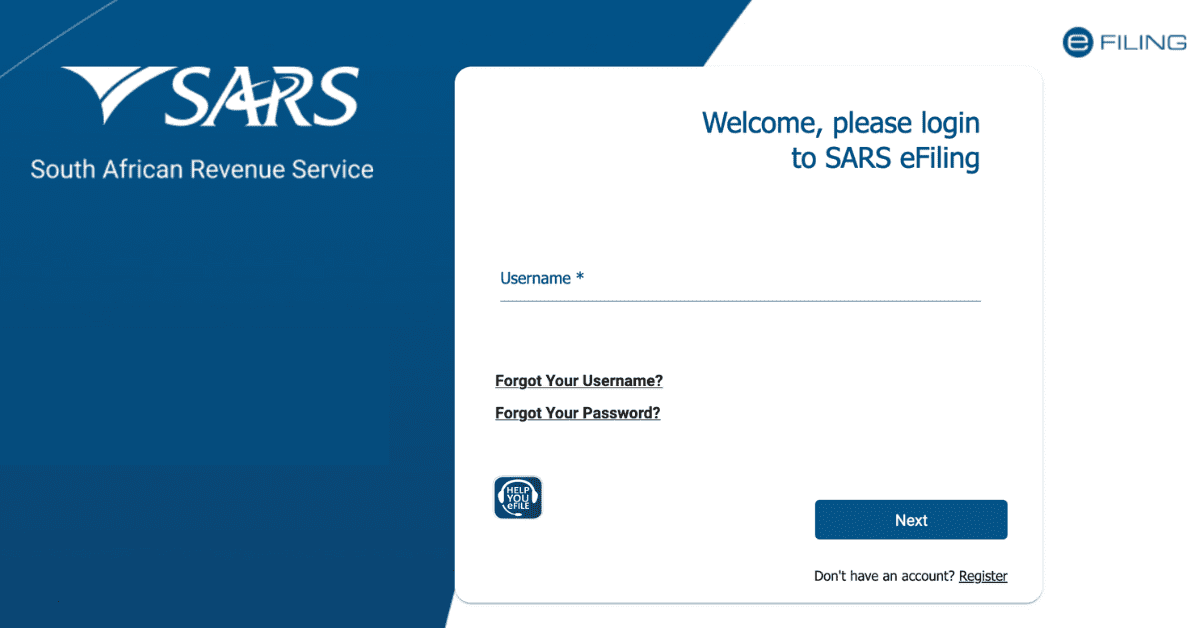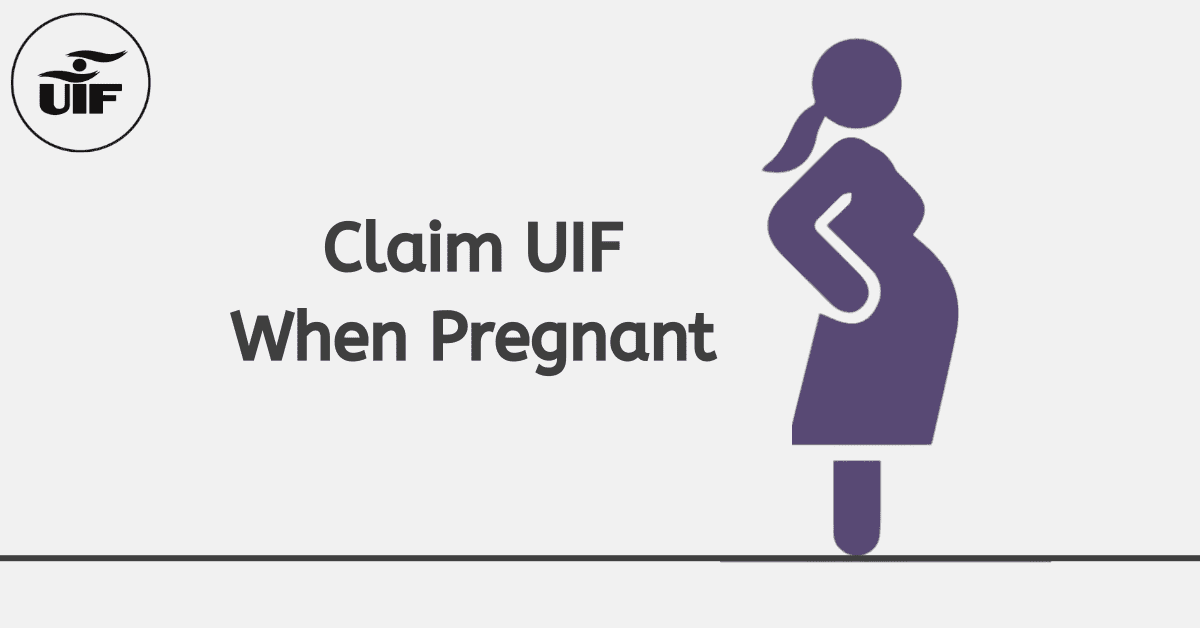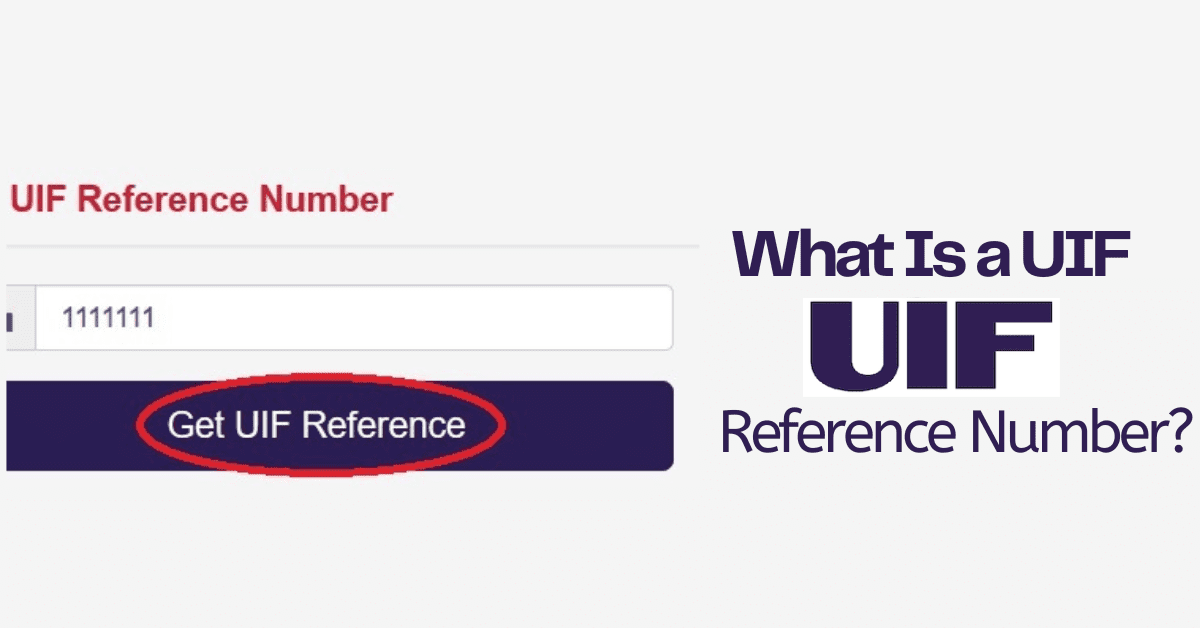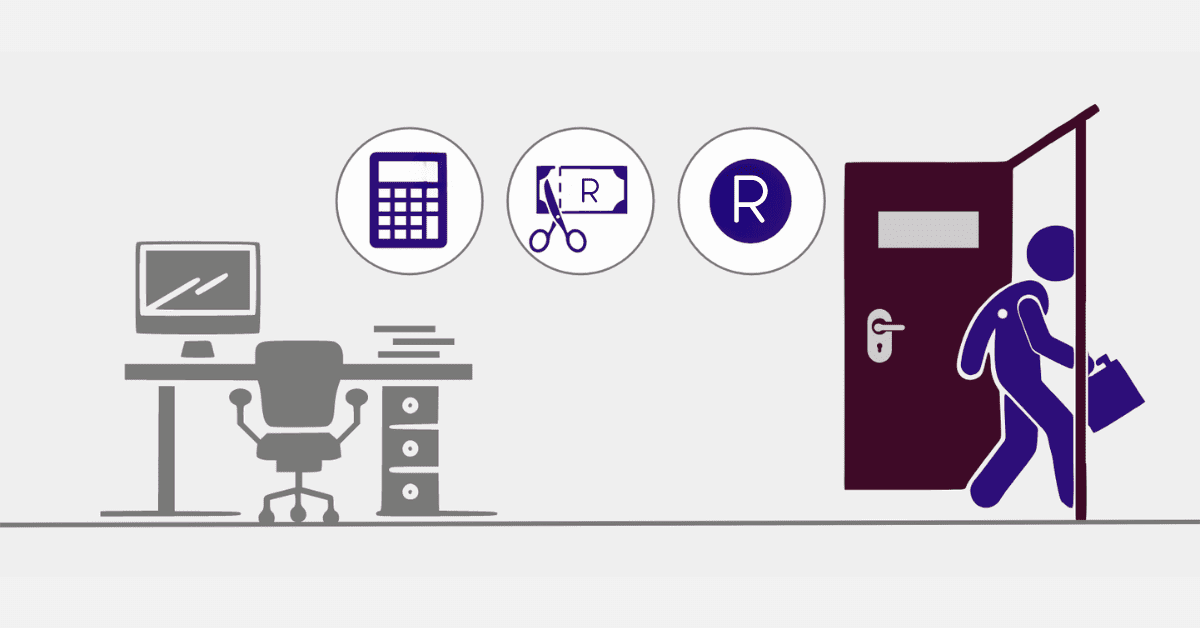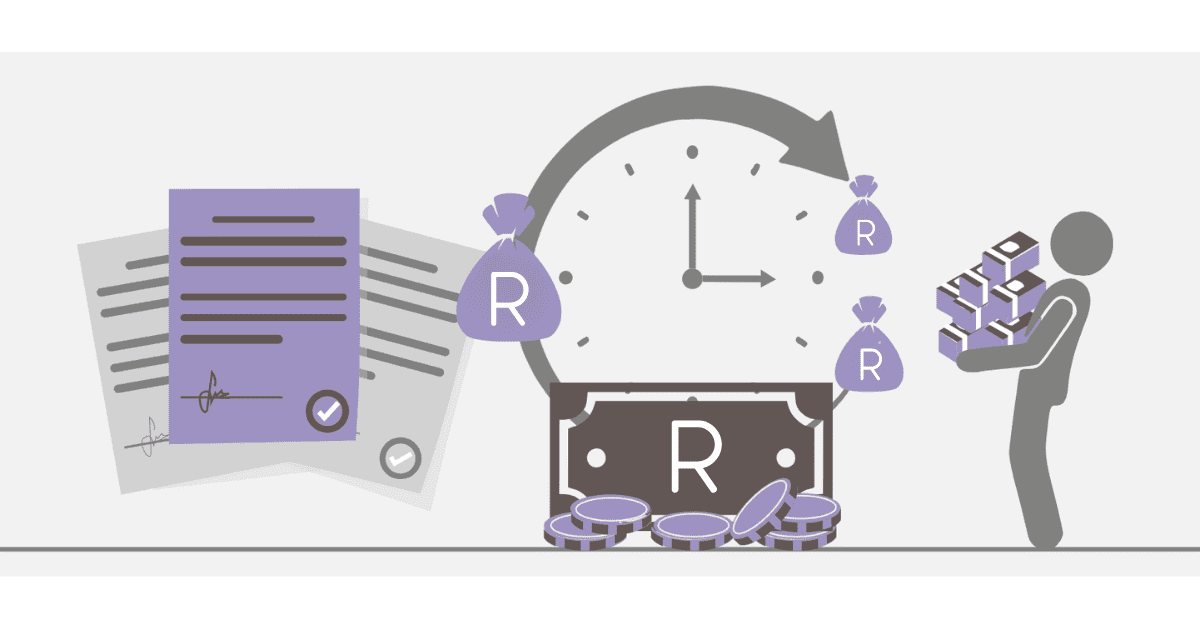The UIF contributes to alleviating poverty by providing short-term unemployment insurance to all workers who qualify for unemployment-related benefits.
The fund is financed by a dedicated tax on the wage bill that requires both employers and employees registered under the scheme to pay 1 percent of their salary in monthly pay towards the fund.
This article aims to provide access to information regarding the UIF, namely by answering the question of how long you must work to qualify for UIF.
How long must you work to qualify for UIF?
In order to qualify for full benefits from the Unemployment Insurance Fund (UIF) as a contributing employee, it is optimal that you meet the criteria for full credit days.
The UIF’s credit system is a unit of measurement employed by the fund to calculate the appropriate pay for days worked as a contributor should you wish to lodge a claim at some point in the future.
To qualify for full credit days under the UIF, you must have worked as a contributor for more than four years.
The rates at which the benefits are payable are in accordance with the scale of benefits which ranges between 38-60 percent for the first 238 credit days and then from 239 to 365 days at a flat rate of 20 percent.
If you have been contributing to the fund for a shorter period of time, then you are eligible to claim 1 day for every six days that you worked while you were contributing to the fund.
Can I claim UIF if I only worked for 5 months?
The Unemployment Insurance Fund allows employees who have contributed to the fund to claim after having worked for 5 months.
Under the guidelines of the UIF, a worker is regarded as having contributed to the fund from the first day of employment until their services are terminated by their employer.
A notice period worked before termination of services is also regarded as a period of employment by the UIF.
The rate at which benefits are payable is in accordance with a sliding scale of between 38-60 percent.
Credits are given to workers as they work and contribute to the fund.
Credits are earned on the following basis: For every four days that you work as a contributor, you receive one day’s credit subject to a maximum of 365 days.
In order to qualify for the full 365 days credit, you must have worked as a contributor for at least four years.
An exception is made for domestic workers who have been in the employ of a household prior to 2003.
The UIF only began recognising domestic workers as contributors to the fund on the 1st of April 2003.
Should a contributor be claiming maternity leave from the UIF, they are required to have been employed for at least 13 weeks prior to the date of application for maternity benefits.
How many hours do you have to work to claim UIF?
Amendments to the Unemployment Insurance Fund (UIF) that came into effect on the 1st of April 2002 stipulate that all workers who work for 24 hours or more per month must contribute to the fund.
Should you work less than 24 hours in the service or employee of a certain company, you are excluded from contributing to the UIF or lodging claims.
High-ranking government officials such as the President, Deputy President, Minister, Deputy Ministers, and members of the National Assembly, amongst others, are also excluded from the UIF.
Should you work for more than 24 hours a month, you are mandated by law to contribute to the UIF.
However, it is important to remember that remuneration for claims is based on the UIF’s credit system.
And according to the credit system, every four days worked equals one day’s credit, with the opportunity for a full year worth of benefits being contingent on you having worked a full four years.
Who qualifies for a UIF?
According to the legislature guiding the UIF, as of the 1st of April 2002, all workers who work for 24 hours or more per month qualify for the fund.
As of the 1st of April 2003, all domestic workers and their employers were mandated to contribute to the fund, thus qualifying for it.
The following categories of workers are excluded from qualifying for the fund: Workers who work less than 24 hours per month.
The President, Deputy President, Minister, Deputy Minister, a member of the National Assembly, a permanent delegate to the National Council of Provinces.
The Premier, a member of an Executive Council or a member of a provincial legislature.
Any member of a Municipal Council, Traditional Leaders, a member of a provincial House of Traditional Leaders, and a member of the Council of Traditional Leaders.
And workers who earn a salary from commissions only.
Do I qualify for UIF if I resign?
Benefits from the UIF are only payable if an employer terminates the services of the contributor (employee) or if a contract of service has expired.
You do not qualify for benefits if you resigned or absconded from work unless you prove it was a case of constructive dismissal at the CCMA.
